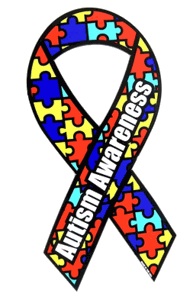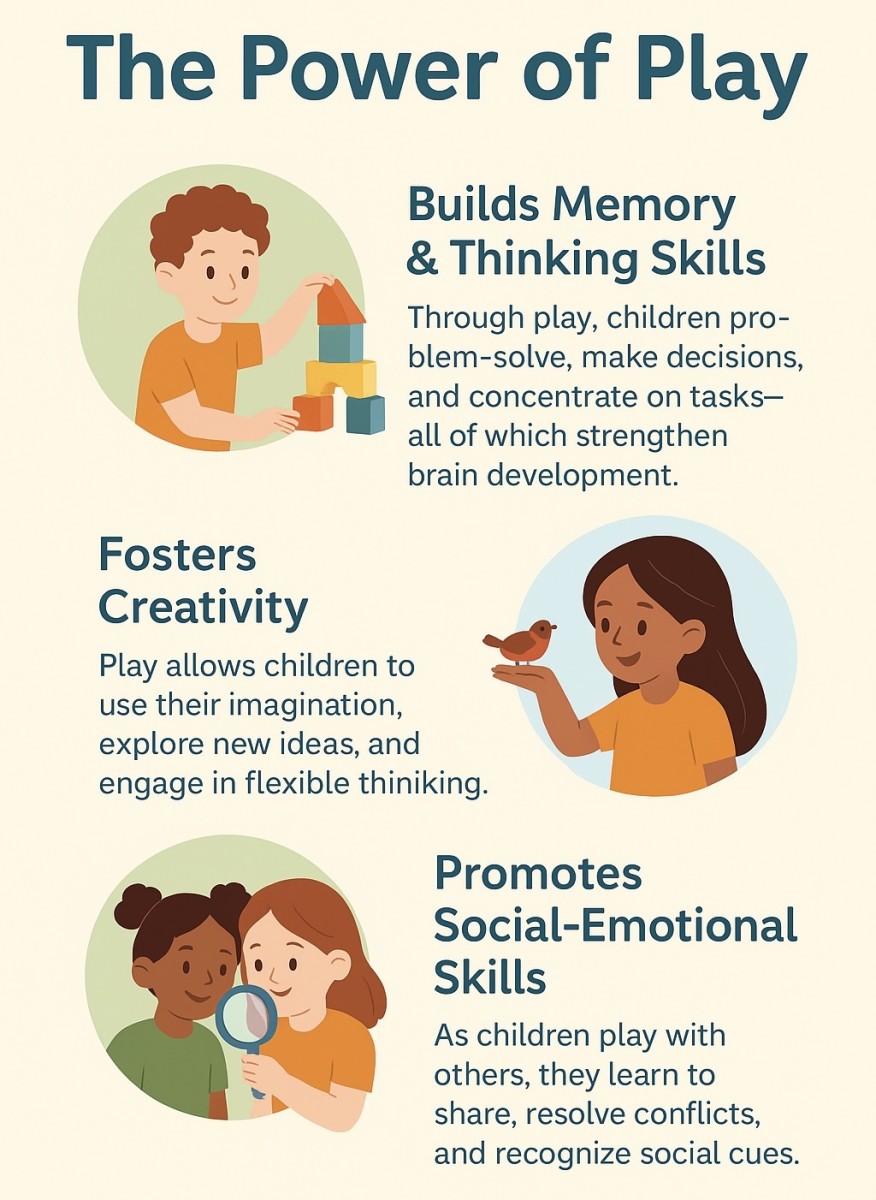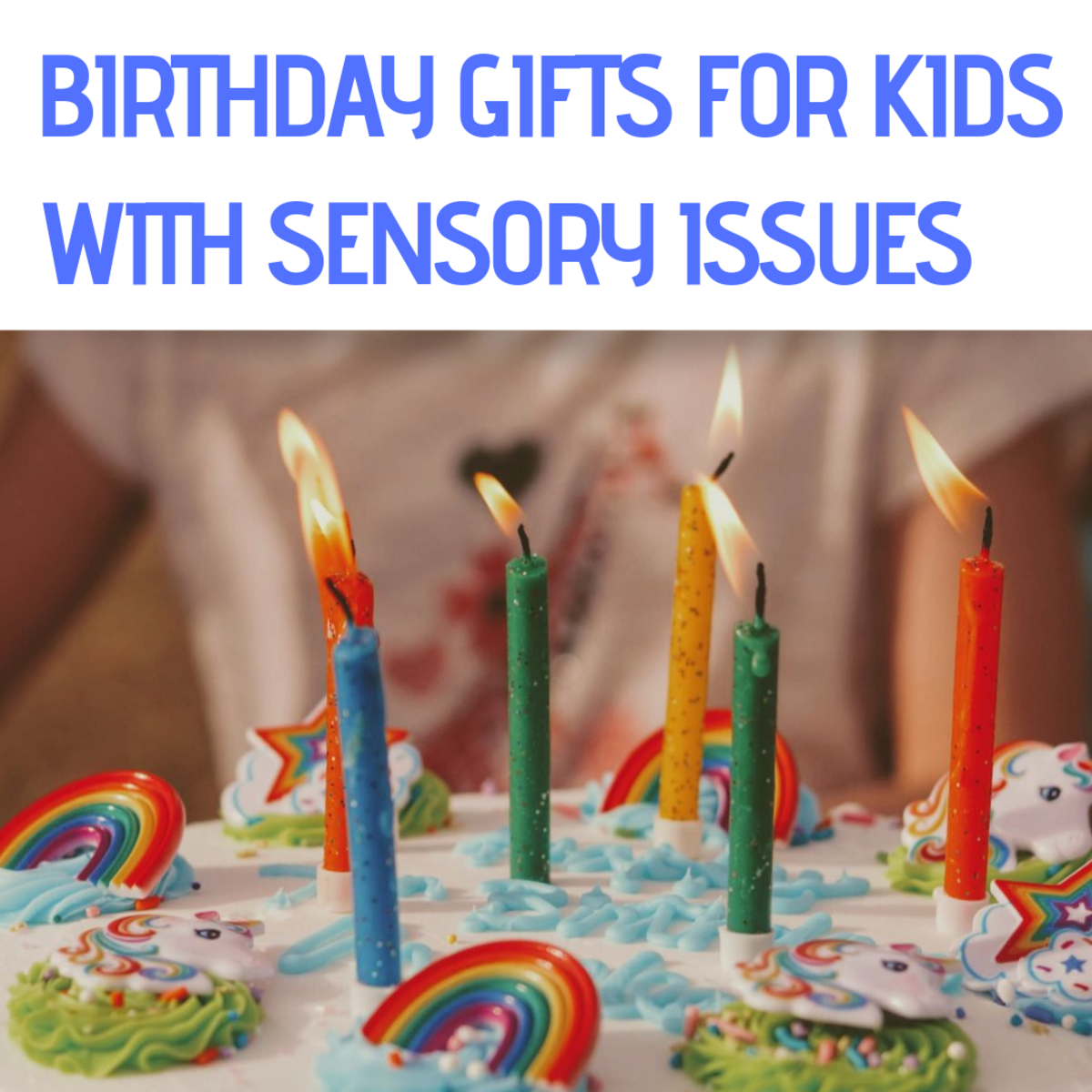Giving a Voice to Autism: Three Reasons to Have a National Conversation

Some Alarming Autism Numbers
Listening to the radio this morning, I heard the host quote a statistic from an MIT social scientist about the increasing prevalence of autism in America. Apparently, the researcher used current trends to extrapolate to the year 2025 and concluded, based on that, that autism will affect 1 in 2 American children in just 10 years. That is a jump from 1 in 68 as of the most recent CDC data. Now, I believe that this scientist published the figure with a very clear understanding that it is unlikely that 50 percent of Americans will be on the autism spectrum in a decade, but it seems that the stat has inspired conversation about the causes of autism and the impact it has on individuals and families. So, to demonstrate the merit of having a national conversation about autism spectrum disorders (ASD), I will tell some real-life stories of parents (using pseudonyms) with autistic children.

A Briefing on the Disorder
Before I delve into the accounts, I want to give an overview of ASD for readers who may not have a passing familiarity. Caveat: This is a very general and abbreviated overview of a very complex disorder. Autism, according to the DSM V involves impairment in language development, rigidity, difficulty with abstract thinking and speech and behavior oddities that stem from lacking the ability to discern social rules. Early on, infants with autism may avoid eye contact, refrain from laughing, and exhibit little or no facial expression. Older children may seem disinterested in other children their own age and insist on engaging in routine and repetitive behaviors. Children with autism also have difficulty with sensory input, at times seeking very specific sensory input such as flashing lights or avoiding sensory input by refusing to wear certain fabrics.

Reason One: Parenting a Child with Autism is Full-Time Work
C is a mother of three. She has two neuro-typical daughters, ages six and seven, and a thirteenyear old son with autism. We will call the son KM. KM is typical in some ways: he enjoys video games, wants to be a rock-n-roll drummer and needs his space. But, KM is prone to outbursts of explosive anger when his routine is altered. Just as the overview mentions, KM’s autism has him trapped in a pattern of repetitive behavior that beyond making him feel comfortable, afford him his only means of making sense of a world run by rules beyond his grasp to comprehend. KM expects favored clothes to always be clean, favored foods to always be prepared and favored activities to always be accessible. His mother, C, struggles daily to ensure that KM is given the education that he deserves and is provided with services that insurance purports to cover. He needs therapuetic activities, physical therapy to engage muscles that he will not engage left to his own devices and occupational therapy to teach him how to satisfy his sensory needs in a socially appropriate way. KM's mother spends hours on the phone and writing letters to find resources in order to secure those services. Yet for all her effort, C is seldom rewarded. Rather, her pursuit of care is often thwarted by a system reluctant to supply funds for services and activities that cannot be neatly packaged into a pill. And while C fights the system, KM fights her. KM’s world is chaotic, and he expects his mother to give it structure and reason. It’s a full-time job, and she has two daughters who need their mommy. C’s efforts deserve a national conversation about autism.

Reason Two: Autism is Grueling for the Family
T has a severely autistic, seven year old son, S, who speaks only in single word utterances which are almost always out of context. S communicates nonverbally using gestures and grunts while in a good mood and violent head butts and swats when frustrated. T also has two other children. One is a neuro-typical girl, five years old, and a ten year old boy with significant cognitive delays. The siblings are often the target of S’s rampage, for lack of a more accurate word, and both have sustained injury. T has reached out for help, contacted agencies such as Autism Speaks and moved in with her parents for additional support. She has verbalized that she cares deeply for S, but she is at times so overwhelmed that she wishes he would disappear. It seems parents are expected to be child development experts. Moms are supposed to have the answers, but autism is still in the early stages of research. It is not even clear what exactly causes autism. T tries her best. She is a single mother on a fixed income, and she can't even enjoy a night's rest alone in bed. The only way she can ensure that S does not keep his siblings awake is to take him to bed with her. T needs support and information, but help will only be available if the conversation doesn't stop after the media hype dies.

ReasonThree: Ignoring the Problem is Dangerous
P is mother to fifteen year old E. E is clever, humorous and jovial. He will listen to Nikki Minaj endlessly, and train videos hold his attention for hours. E has autism and a tendency to run when he is afraid or confused. E is afraid or confused very often because his autism is rather severe. E does not have some of the language deficiencies of the previous cases, but he is extremely hyperactive and hyper alert. Each day, he has new trigger words- words that might make him so uncomfortable that he runs or punches the person who said them. P has been beyond the breaking point on multiple occasions. She has caused scarring on E’s back and face with the buckle of a belt that lashed him when his outbursts were more than P could handle. She knows it's wrong. She knows because she has an open state investigate on her. Obviously the fact that autism is difficult is no excuse for child abuse. But, surely, this necessitates a conversation.
The point is, it shouldn’t take a scientist with a doomsday warning to motivate people to act. There are very few people who are not impacted directly or indirectly by autism. I know that because the statistics are clear- 1 in 68 children. That’s a multitude of children who are stuck in a mind that often cannot voice its concerns, fears or needs. They cannot do the talking. So, we need to talk.







